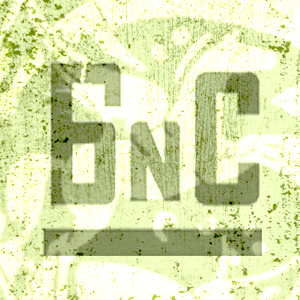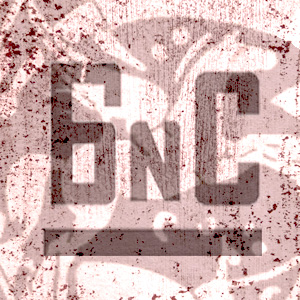
In California as in Ancient Rome
In June and July 2025, I was given the opportunity to travel to the United States to undertake archival research for my dissertation. This archival ‘odyssey’ — generously funded by Pitsburg State University, the University of St Andrews’s School of Classics and St Leonards’ Postgraduate Travel Award — consisted of visits to the San Francisco […]

Cold War Classics: Workshop Programme 2025
The Cold War Classics project explores the ways in which ancient Greco-Roman culture was selectively interpreted, appropriated or suppressed to advance political agendas and bolster Cold War narratives. Through the focusing lens of engagements with the relatively stable referent of Greco-Roman antiquity, we ask how ideologies (dominant and countercultural) manifested in the cultural sphere in the […]

Walter Benjamin’s Niobe and “Mythic Violence”
Mount Sipylus in Manisa Province, Turkey. Proud of her ability to bear many children, Niobe — daughter of Tantalus, wife of Amphion — taunted the titan goddess Leto, who had mothered only two children, Apollo and Artemis. Leto’s children punished Niobe for her hubristic act by killing all of her children. On seeing this […]

Unveiling the Iron Curtain
Last week I was in Prague, visiting my Czech colleagues and continuing our collaboration into Cold War Classics. This time I was let loose on the wonderful Theatre Studies students of Charles University, giving two lectures: one about Classical Reception Studies and the goals of the Brave New Classics project; and one about the reception […]

BNC Bash and Polo mints
If you’re a regular BNC reader, or even if you’re not, you might have noticed in the “Players” gallery, where the BNC profiles are kept, little red or yellow rings, a bit like Polo mints. These indicate that the profile beneath the tile was a contribution from one of our esteemed collaborators. Over the past […]

Nikos the Cretan
by Anna Coopey Through the kind provision of the Laura Cook Memorial Travel Scholarship, given to me by The University of St Andrews School of Classics Travel Scholarship Committee, I was able to travel to Crete in May 2022 in order to undertake some research on Nikos Kazantzakis and his radical receptions of classical antiquity. […]
Brave New Classics is an international, transdisciplinary and collaborative research project that explores the relationship between the Greek and Roman classics and world communism. It began life as an Early Career research project funded by The Leverhulme Trust (2016-19), looking specifically at how the intellectual repercussions of the Russian Revolution affected British culture to 1956. This partially explains the current bias towards Western experiences of communism. Through collaboration with students and colleagues whose research focus is on the presence of the classics within the former USSR and other from other countries with their own unique cultural and political conditions, we hope over time to present a more balanced and global investigation of classics and communism. Please get in touch if you would like to contribute.
some words
that capture the spirit of the project

”If you want to change the world you’d better start by beginning to understand it; and to understand it you need to start with ancient Greece.”
- Roly Wason
How many stopped writing at thirty?
How many died of prefrontal
Lobotomies in the Communist Party?
How many are lost in the back wards
Of provincial madhouses?
How many on the advice of
Their psychoanalysts, decided
A business career was best after all?

“The great subversive teachers of the people, participating in its struggle, add the history of the ruled class to that of the ruling classes.”
- Bertold Brecht
“It is first of all Latin grammar that prevents us from knowing the ancient world.”
- Vasily Vodovozov
“It’s fun to transport your life from seventies Russia to Ancient Rome, as it were – everything becomes funnier and prettier.”
- Elena Shvarts
“Do you truly wish to condemn all human beings alive today to the sad role of caryatids supporting a floor for others some day to dance on?” — 1847
- Alexander Herzen

















